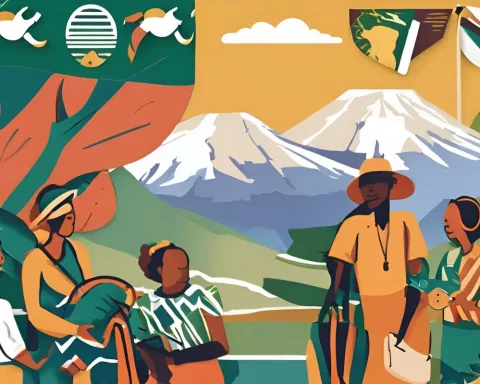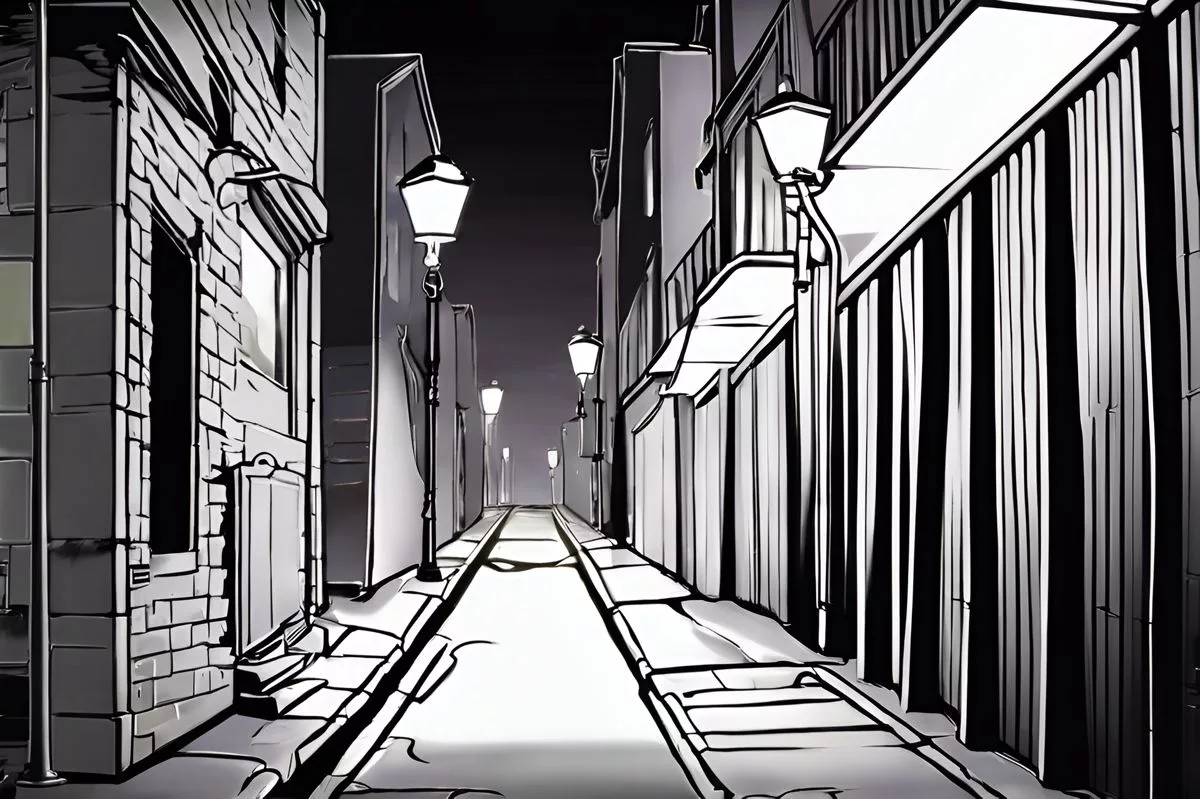The Indaba Tourism Investment Seminar in South Africa marked the beginning of a new chapter for the tourism industry post-pandemic. The seminar aimed to promote South Africa as a favored destination for tourism investment and to align potential investors with specific opportunities. It also celebrated the resilience and determination of the tourism sector and showcased the enormous potential of South African tourism. The seminar concluded with the promise of a brighter, more interconnected future for the industry.
South African Tourism’s New Chapter: A Spotlight on the Indaba Tourism Investment Seminar
Driving Investment for Tourism’s Future
The Indaba Tourism Investment Seminar served as a crucial forum for redefining the future of South African tourism post-pandemic. It functioned as a channel for the Department of Tourism’s continued endeavors to galvanize tourism investment for Investment Ready Projects and to promote South Africa as a favored destination for tourism investment.
The Unveiling of a Promising New Chapter
It was a clear, sunny morning in May 2024 when Durban, the vibrant metropolitan city, served as the stage for the third edition of the influential Indaba Tourism Investment Seminar. This distinguished assembly, taking place concurrently with Africa’s eminent tourism exhibition, was adorned with the eloquent discourse of Fish Mahlalela, the Deputy Minister of Tourism. At this juncture, the intertwined stories of South African tourism, investment, and post-pandemic revival converged, creating an orchestra of opportunities fuelled by shared efforts and a unified vision.
The unprecedented halt brought on by the Covid-19 pandemic had greatly impacted the tourism industry, built upon the liberty of mobility. With global travel restrictions in place, the seminar’s first occurrence since the pandemic became a crucial forum for redefining the future of South African tourism. It instigated a transition from rivalries to alliances, mirroring the interconnected fabric of our worldwide existence, as amplified by the pandemic.
Driving Investment for Tourism’s Future
The seminar functioned as a channel for the Department of Tourism’s continued endeavors to galvanize tourism investment for Investment Ready Projects. It pursued the ambitious objective of promoting South Africa as a favored destination for tourism investment, especially in underprivileged regions overflowing with tourism potential. The secondary goal was to align potential investors with specific opportunities, thus facilitating a mutualistic relationship between the supply and demand facets of the industry.
To visualize this interaction, consider the tour operators as a group of selective customers at a high-end market, and South Africa as a vendor boasting an assortment of exceptional offerings. These customers are eager to ascertain – are the airports capable of managing tourist inflow? Can the stunning National Parks house the projected visitors? Are the facilities adequate to meet the expected demand? This seminar, therefore, served as a platform for South Africa to showcase its ‘offerings’ – its proficiency and potential in infrastructure, amenities, and attractions.
Tangible Achievements and Ambitious Goals
A significant triumph for the Department was reaching and exceeding the Presidential target of attracting R1.2 trillion direct investment into the economy over a span of five years. This objective was realized in April 2023, with tourism making a significant contribution to the target. The Department’s R120 million investment to enhance and maintain SANParks’ deserves a noteworthy mention, as it sparked considerable private sector investment in the park and its adjacent areas.
Following these achievements in April 2023, President Cyril Ramaphosa unveiled a new target to generate approximately R2 trillion in fresh investments over a subsequent five-year period, concluding in 2028. Numerous high-impact tourism initiatives were discussed as potential accelerators towards this ambitious objective. These included the Club Med South Africa project in KwaZulu-Natal, representing a R2.3 billion investment, and a half-billion rand investment in the God’s Window Skywalk in Mpumalanga Province. These projects, among others, demonstrate the enormous potential of South African tourism.
Closing Remarks: A Stronger, Resilient Future
However, the seminar transcended the realm of mere announcements and commitments. It was a tribute to the resilience of the tourism sector and the determination of its contributors. It signaled the dawn of a new epoch for South African tourism, an epoch distinguished by shared efforts, unified vision, and unparalleled opportunities.
In the words of Deputy Minister of Tourism, Fish Mahlalela, the seminar was tasked with the responsibility of updating stakeholders on the Department’s tourism investment promotion and facilitation endeavors. This obligation, he emphasized, was not taken lightly. The seminar demonstrated the ongoing collaboration between public and private sectors and their collective dedication to the growth and prosperity of South African tourism. As the seminar came to an end, the echoes of shared visions, collective efforts, and the promise of a brighter future reverberated. A new narrative in the tale of South African tourism had been penned, hinting at a resilient, prosperous, and interconnected future.
What is the Indaba Tourism Investment Seminar?
The Indaba Tourism Investment Seminar is a forum held in South Africa to promote the country as a favored destination for tourism investment and to align potential investors with specific opportunities. It aims to drive investment for the future of South African tourism.
When did the most recent Indaba Tourism Investment Seminar take place?
The most recent Indaba Tourism Investment Seminar took place in May 2024 in Durban, South Africa.
What were the objectives of the seminar?
The seminar aimed to promote South Africa as a favored destination for tourism investment and to align potential investors with specific opportunities. It also aimed to showcase the enormous potential of South African tourism and celebrate the resilience and determination of the tourism sector.
What achievements were made as a result of the seminar?
The Department of Tourism reached and exceeded the Presidential target of attracting R1.2 trillion direct investment into the economy over a span of five years, with tourism making a significant contribution to the target. Following these achievements, President Cyril Ramaphosa unveiled a new target to generate approximately R2 trillion in fresh investments over a subsequent five-year period, concluding in 2028.
What high-impact tourism initiatives were discussed during the seminar?
High-impact tourism initiatives discussed during the seminar included the Club Med South Africa project in KwaZulu-Natal, representing a R2.3 billion investment, and a half-billion rand investment in the God’s Window Skywalk in Mpumalanga Province. These projects, among others, demonstrate the enormous potential of South African tourism.
What was the overall significance of the seminar?
The seminar signaled the dawn of a new epoch for South African tourism, an epoch distinguished by shared efforts, unified vision, and unparalleled opportunities. It demonstrated the ongoing collaboration between public and private sectors and their collective dedication to the growth and prosperity of South African tourism, hinting at a resilient, prosperous, and interconnected future for the industry.












